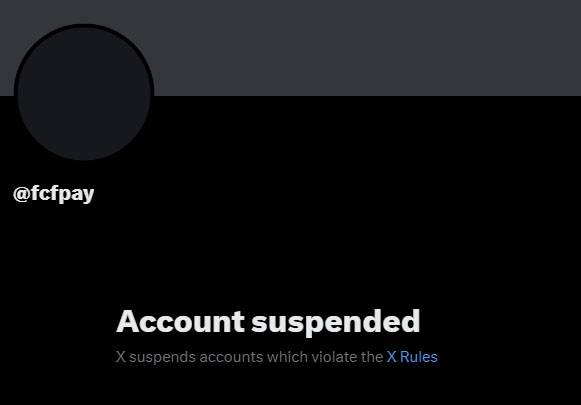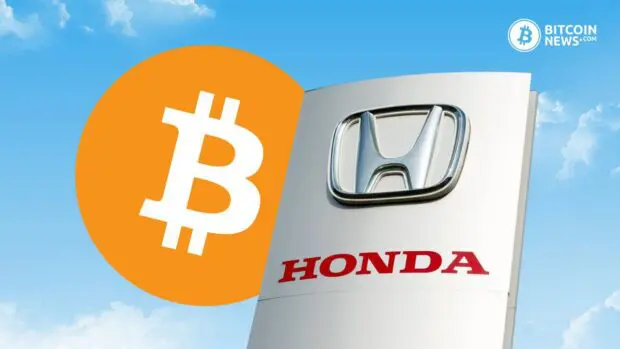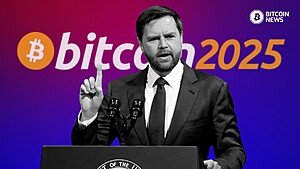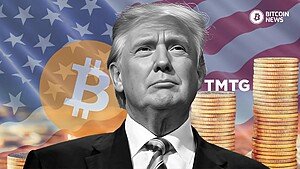Recently, rumors were circulated fervently that Honda accepts bitcoin, sending shockwaves through the Bitcoin community. However, the truth behind these speculations has a twist. This article dissects the situation, highlighting the role of FCF Pay and the broader implications for the automotive industry.
The Honda-Bitcoin Saga
The speculation about Honda Motor Co., Ltd., (NYSE: HMC) a Japanese multinational automaker, accepting bitcoin as a direct form of payment for their vehicles circulated widely in early October, contributing to the surge in bitcoin’s value against the dollar.
However, these rumors were debunked by an American Honda spokesperson later in the month. The spokesperson clarified that contrary to the rumors, Honda’s vehicles were not directly available for purchase using bitcoin, and the company’s policies remained unchanged.
Honda Accepts Bitcoin: FCF Pay Paving the Way for Bitcoin Payments
While Honda’s official stance on Bitcoin remains unchanged, a noteworthy alternative emerges through FCF Pay. The NASDAQ reported in one of its articles:
“Looking to offer new opportunities for consumers across the world, Honda Motor Co Ltd. (NYSE: HMC) expanded its payment options.
What Happened: Tokyo-based car company, Honda Motor partnered with the blockchain payment system, FCF Pay”
Many might wonder why this news seems so important to others. Canadian Bitcoiners offered their view on Honda’s stance on Bitcoin, as well as the tax burdens for buying a vehicle with Bitcoin.
“Tax implications, is always about the tax implications” said Joey, one of the commenters from the Canadian Bitcoiners Clips channel.
About FCF Pay
“French Connection Finance (FCF) is a group of companies, including a Canadian-based software company and various other LLCs around the world. The FCF team has undergone the appropriate KYC process and the FCF project has been audited by Certik, the results of which show no major or serious issues.”
– FCF Pay / About page
Joe Parkin, the Chief Operating Officer of FCF Pay, emphasizes that Honda is not the sole automobile manufacturer accessible through their service. Other industry giants like Ford, BMW, Nissan, Mercedes-Benz, and Mitsubishi also accept bitcoin payments through the FCF Pay platform.
FCF Pay is gearing up to expand beyond the United States and is actively exploring collaborations with countries in Latin America and other regions worldwide, including Asia and parts of Africa.
As of September 2023, the platform has enabled customers to make purchases using bitcoin, with a fee structure of $3 plus 2% of the transaction.
Expanding on FCF Pay’s mission, Parkin highlighted the platform’s ambition to encourage companies of various sizes and industries to accept direct bitcoin payments. While an enthusiastic supporter of Bitcoin, FCF Pay itself has not entered into exclusive partnerships with companies, including Honda, to enable direct Bitcoin transactions. Parkin emphasized, “Customers can transact in Bitcoin, but the 21,000 companies integrated with our system receive payments in fiat.”
FCF Pay X Account
The revelation regarding FCF Pay’s operations aligns with their endeavors to revive their presence on X. Parkin links their account suspension on October 5 to misinformation and purported sabotage attempts from potential rivals or opposing factions.

Recent Developments and Rebranding
A recent development worth noting is the acquisition of FCF Pay by Zyptopay, a private company headquartered in Łódź, Poland. The acquisition has triggered a rebranding and migration transition for FCF Pay as it aligns with Zyptopay’s strategic vision and goals.
The evolving landscape of digital currency payments and FCF Pay’s global ambitions suggest an intriguing future for Bitcoin and those exploring innovative payment solutions in the automotive industry.
The Landscape of Bitcoin in Automotive
This isn’t the initial occurrence of a Japanese automobile company welcoming Bitcoin. SBI Motor, another significant player in the industry, had previously welcomed Bitcoin as a payment method. Furthermore, the electric vehicle giant Tesla gained attention when it announced bitcoin was accepted for vehicle purchases.
The partnership between Honda and FCF Pay, along with these other noteworthy alliances, marks a significant step toward the acceptance of bitcoin and the incorporation of blockchain technology. As the Bitcoin landscape continues to develop, such groundbreaking initiatives are poised to transform the financial and commercial landscape, presenting fresh opportunities and possibilities for consumers globally.
Honda’s Terms and Conditions
American Honda’s website shows the following in “Accounts & Profile” section:
“Our online payment features, including EasyPay for recurring payments, allow you to electronically pay bills including but not limited to your scheduled monthly payment, NSF fees, and property taxes. If you choose to set up this feature, the EasyPay Enrollment Process Terms and Conditions will apply in addition to these Terms.”
– “Legal Terms and Conditions.” American Honda Finance Corporation
Honda has not made any more comments about bitcoin as a direct payment method for their vehicles.
Bitcoin’s Terms and Conditions
Bitcoin, on the other hand, does not have a “terms and conditions”. As a decentralized and open-source protocol, Bitcoin operates with principles rather than formal terms and conditions. Users engaging with the Bitcoin Network acknowledge its decentralized nature, where no single entity controls the system.
Satoshi’s whitepaper explained the need for a decentralized system. He stated the following:
“What is needed is an electronic payment system based on cryptographic proof instead of trust, allowing any two willing parties to transact directly with each other without the need for a trusted third party.
In this paper, we propose a solution to the double-spending problem using a peer-to-peer distributed timestamp server to generate computational proof of the chronological order of transactions.”
Bitcoin transactions are generally irreversible. Once confirmed, they cannot be undone. Users are encouraged to verify transaction details before confirming.
It’s important to emphasize that these “terms and conditions” are not enforced by any central authority but are rather general principles upheld through mathematics and rules of the entire Bitcoin Network.










